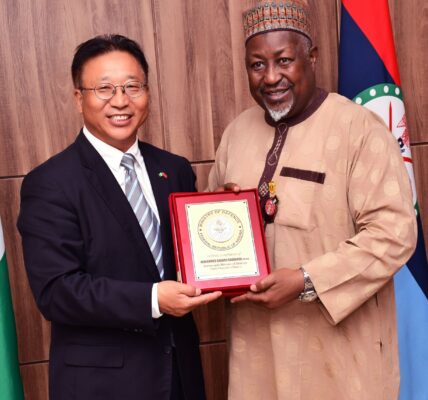The managing director of Ghana Minerals Commission, Dr. Toni Aubynn has said that upon the fall in production and drop in the price of gold, the mining sector contributed some $4 billion to Ghana’s economy in 2015. He added that over 70 per cent of the revenue generated by the sector stayed in the country.
The price of gold on the international market has fallen. Dr. Aubynn, who was speaking to ghanabusinessnews.com on the sidelines of the West and Central Africa Mining Summit and Expo in Accra, October 19, 2016, noted that as a result of the local content policy, mining companies have bought items worth $136 million directly from Ghanaians.
On taxes, he said unfortunately, the decline in production and prices has affected the quantum of taxes the country gets.
He however, indicated that Ghana has been lucky in these critical times.
Aubynn said “Fortunately for us in spite of the challenges, in getting investments into the mining sector globally, we succeeded in getting some investments. We have the Asanko Mines which started operations six months ago, coming to shore up the production level in the country,” he said, adding that, “This is important because, globally, it is difficult to get monies in various jurisdictions going into mining. Ghana is lucky to even have one mine operating.”
According to him, globally, Ghana is the only country that on the average opens a mine on a regular basis, in the last 20 years. “You go to other places, you won’t see new mines opening,” he said.
He revealed further that the Asanko Mine has started operations in the Amansie area.
He said Ghana also has a robust, transparent, effective and time-tested legal framework that is friendly for investments in the mining sector. He cited the Minerals and Mining Act 2006 (Act 703) and its associated regulations; the Minerals (Royalties) Amendment Act 2010 (Act 794) and the Income Tax Act, 2015 (Act 896).
Dr. Aubynn said the total investment into the mineral and mining sector in from 1980 to 2015 was some $16 billion, adding that currently, the sector contributes 14 per cent of government domestic revenues as captured by the Domestic Tax Division of the Ghana Revenue Authority.









